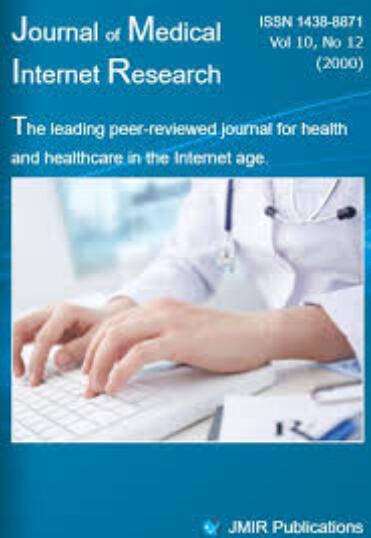临床评论的自动论文筛选:使用大型语言模型的分析(预印本)
IF 5.8
2区 医学
Q1 HEALTH CARE SCIENCES & SERVICES
引用次数: 4
摘要
本文章由计算机程序翻译,如有差异,请以英文原文为准。
Automated Paper Screening for Clinical Reviews: An Analysis Using Large Language Models (Preprint)
Objective: To assess the performance of the OpenAI GPT API in accurately and efficiently identifying relevant titles and abstracts from real-world clinical review datasets and compare its performance against ground truth labelling by two independent human reviewers. Methods: We introduce a novel workflow using the OpenAI GPT API for screening titles and abstracts in clinical reviews. A Python script was created to make calls to the GPT API with the screening criteria in natural language and a corpus of title and abstract datasets that have been filtered by a minimum of two human reviewers. We compared the performance of our model against human-reviewed papers across six review papers, screening over 24,000 titles and abstracts. Results: Our results show an accuracy of 0.91, a sensitivity of excluded papers of 0.91, and a sensitivity of included papers of 0.76. On a randomly selected subset of papers, the GPT API demonstrated the ability to provide reasoning for its decisions and corrected its initial decision upon being asked to explain its reasoning for a subset of incorrect classifications. Conclusion: The GPT API has the potential to streamline the clinical review process, save valuable time and effort for researchers, and contribute to the overall quality of clinical reviews. By prioritizing the workflow and acting as an aid rather than a replacement for researchers and reviewers, the GPT API can enhance efficiency and lead to more accurate and reliable conclusions in medical research.
求助全文
通过发布文献求助,成功后即可免费获取论文全文。
去求助
来源期刊
CiteScore
14.40
自引率
5.40%
发文量
654
审稿时长
1 months
期刊介绍:
The Journal of Medical Internet Research (JMIR) is a highly respected publication in the field of health informatics and health services. With a founding date in 1999, JMIR has been a pioneer in the field for over two decades.
As a leader in the industry, the journal focuses on digital health, data science, health informatics, and emerging technologies for health, medicine, and biomedical research. It is recognized as a top publication in these disciplines, ranking in the first quartile (Q1) by Impact Factor.
Notably, JMIR holds the prestigious position of being ranked #1 on Google Scholar within the "Medical Informatics" discipline.

 求助内容:
求助内容: 应助结果提醒方式:
应助结果提醒方式:


